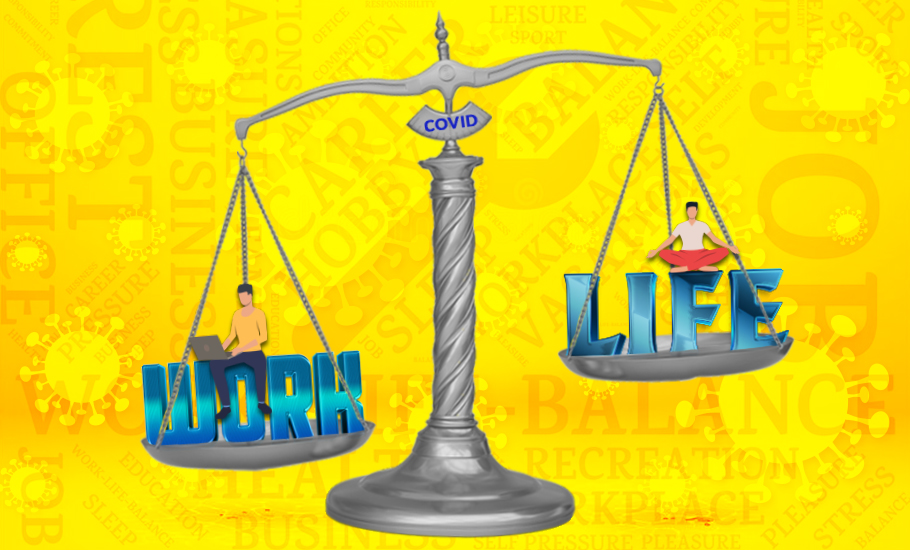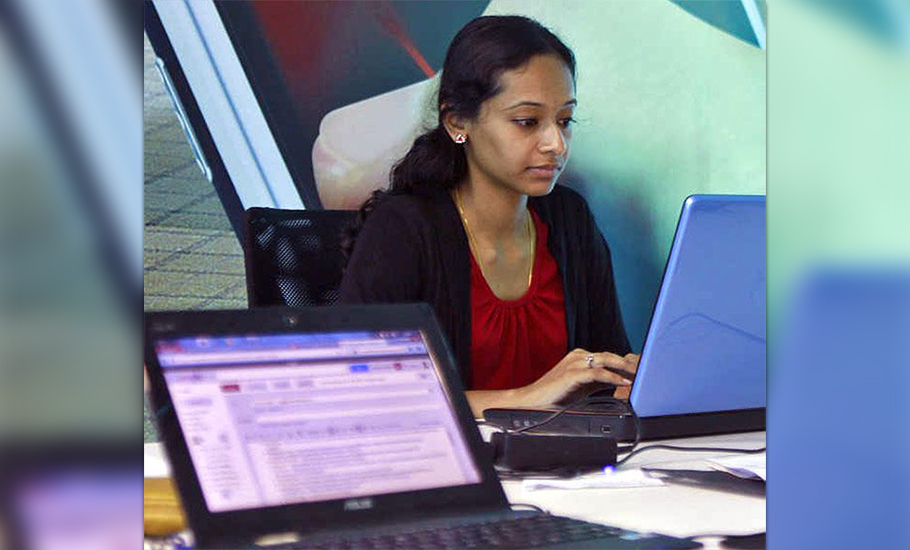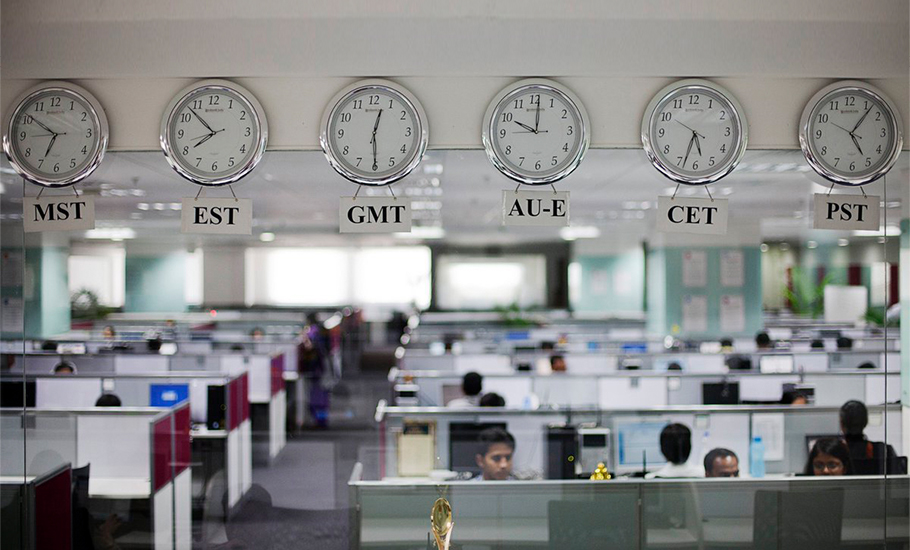
- Home
- India
- World
- Premium
- THE FEDERAL SPECIAL
- Analysis
- States
- Perspective
- Videos
- Sports
- Education
- Entertainment
- Elections
- Features
- Health
- Business
- Series
- In memoriam: Sheikh Mujibur Rahman
- Bishnoi's Men
- NEET TANGLE
- Economy Series
- Earth Day
- Kashmir’s Frozen Turbulence
- India@75
- The legend of Ramjanmabhoomi
- Liberalisation@30
- How to tame a dragon
- Celebrating biodiversity
- Farm Matters
- 50 days of solitude
- Bringing Migrants Home
- Budget 2020
- Jharkhand Votes
- The Federal Investigates
- The Federal Impact
- Vanishing Sand
- Gandhi @ 150
- Andhra Today
- Field report
- Operation Gulmarg
- Pandemic @1 Mn in India
- The Federal Year-End
- The Zero Year
- Science
- Brand studio
- Newsletter
- Elections 2024
- Events
- Home
- IndiaIndia
- World
- Analysis
- StatesStates
- PerspectivePerspective
- VideosVideos
- Sports
- Education
- Entertainment
- ElectionsElections
- Features
- Health
- BusinessBusiness
- Premium
- Loading...
Premium - Events

How work-life balance became a Covid casualty

Srikant Verma, a registrar at the Allahabad High Court, is usually a very jovial figure in the activists’ community in Prayagraj. Sadly, he has lost all his exuberance after his only son died by suicide earlier this year. The brilliant boy joined an IT firm in Gurgaon. He worked 12-14 hours a day. Faced with bullying from seniors, he returned to Prayagraj saying he wanted to quit the job...
Srikant Verma, a registrar at the Allahabad High Court, is usually a very jovial figure in the activists’ community in Prayagraj. Sadly, he has lost all his exuberance after his only son died by suicide earlier this year. The brilliant boy joined an IT firm in Gurgaon. He worked 12-14 hours a day. Faced with bullying from seniors, he returned to Prayagraj saying he wanted to quit the job but his parents persuaded him to continue. Unable to bear the torture at work, he decided to end it. His parents are now totally shattered and regret to have sent him back.
Madhavi is a painter who is fond of spending days at a stretch in forest guesthouses to capture on canvass the beauty of nature she loves so deeply. She moved to Delhi from Prayagraj after marriage. Her partner is a workaholic executive in an NGO. Her complaint is that her otherwise loving partner is married primarily to his work and can rarely afford to spare even a weekend for a picnic. “Sometime, when I get up at 2 or 3 am in the night for a glass of water, I find him sitting with a cup of coffee and working. At this rate, I am afraid he will risk his health majorly,” Madhavi tells The Federal.
Anita is a working mother with two kids. She is married to a person who runs a pharma unit in Gurgaon and is always traveling for work. Hence, he has little time to spare to help in bringing up the kids or to share other domestic work.
Raja is a hypertensive middle-aged businessman who owning a sinking start-up in Koramangala, Bengaluru. He is responsible for the fate of around 35-40 employees under him. Though he works like a machine till early hours, he manages to get ready for work the next day only by downing 3-plus large pegs of his favourite whiskey. Still, he gets sleep only after gulping his daily dose of sleeping pills as day-to-day business worries keep haunting him.
These are not merely isolated and unconnected cases but mark a more generalised work culture where people have been dehumanized. The trend has been more pronounced and has been exacerbated since the Covid-19 pandemic.

As the severity of the Covid-19 pandemic wanes, the overall business environs of the corporate houses have reported a dramatic recovery but the Covid-19 pandemic is increasingly giving way to a burnout syndrome in the corporate world which is assuming pandemic proportions.
Intensifying work stress
The trend is global. Rating agency Deloitte’s 11th Annual Survey of Gen Z (those born in 1995 or later) and Millennials (born between 1981 and 1995) released in May 2022 is quite revealing. In 2021, 46 per cent of Gen Z and 45 per cent of the Millennials felt burned out due to the demands of their working environments. No wonder, as per the survey, 40 per cent of Gen Z and 24 per cent of the Millennials would like to leave their jobs within two years. This means the younger lot is more disenchanted with their work in the global corporate world.
The Indian realities too confirm the existence of the problem. Media reports in early July indicted that 1.2 lakh out of 6 lakh employees of India’s largest private employer Tata Consultancy Services (TCS) quit their jobs over a period of 365 days. An attrition rate of around 20 per cent is common among other IT majors as well. Not all employees who quit were after better pay packages. Talks with some former employees revealed that many of them left because they found the work atmosphere too suffocating or not satisfying enough.
The discourse on work-life imbalance is, of course, decades old. But there is definitely a quantum leap in the problem, with several new added facets, in the new phase of business recovery from the pandemic. The pressure to make up for the pandemic period loss is too strong. Work stress is not limited to the corporate world but is common in the academia too, whether it is government NIITs or private colleges.
Little time for leisure
In the new work culture dictated by a highly competitive market environment, it is the social and family life that gets compromised. The weekend get-togethers at the Bangalore Golf Course were traditionally considered a must for one’s own business promotion. But, strangely enough, the activity in the seven Bangalore golf courses with above 15,000 members has not kept up with the pace of overall business recovery in the high-tech city. The turnout at the Bangalore race course too, sustained mainly by the corporate elite, is still reportedly dull. People are just too busy to have any social life.
Underneath the glitz and glamour of corporate life, there lies a cruel world of alienation. Work is afflicted with some “targetitis” of sorts and one’s success is defined solely by the hard figures of annual output. “Workplace congeniality would not push your share prices up in the Sensex but only impressive annual financial statements do,” wryly says an MNC executive in Hyderabad, albeit with a touch of regret in his tone.
Deteriorating work-life balancing
When The Federal approached another executive in Bangalore about the new challenges in work-life balancing, he said: “Where is the question of combining life and work? There is no life left beyond work and hence there is nothing to combine. We would be lucky if we get a couple of hours to spend in a pub after working hours.”
“We work hard and look for earning more only to live a better life. But where work deprives life of its very meaning, what is the point in working,” he added.
It is not just the monotony of work or unsustainably long working hours that disrupt “normal” life. It is not merely the sheer volume of work; rather, it is the burden of executive responsibility and absence of job satisfaction that go with work which drown people into permanent despair.
The pay-scale of a central government nurse in a CGHS hospital starts at Rs 46,000. During the pandemic she was overworked for 12 hours a day and she would get back home exhausted. In contrast, a marketing guy in a Noida start-up earns Rs 40,000 for spending eight hours at work. But the entire burden of keeping his start-up afloat falls on his shoulders. It is mentally tiring and exacting. So there are different kinds of stress.
Depression is common among well-paid techies too. For instance, Bengaluru still retains the tag for being the top tech city. No other city in India has a concentration of creative and knowledge workers running into lakhs. The cosmopolitan megapolis has the highest concentration of IT industries. And it is no chance coincidence that Bangalore also has the highest concentration of pubs and bars. It also tops in the number of counseling centres, a couple of hundreds of which are listed on the web.
Growing dependence on alcohol
The pub business has recovered to cross the pre-pandemic level but not everyone has returned. Satyanarayana, a supervisor in a Bangalore pub hailing from Vijayawada, told The Federal: “Business in the city is back to normalcy. But its impact on our pub clientele has been mixed. While we see lots of new pub-goers, many old ones who used to spend four or five evenings in a week in the pub earlier now turn up only during the weekends. They are too busy with their office work till late in the night these days to even visit the pub. In fact, many drive in barely minutes before the pubs close down after midnight. The Bengaluru Police in June 2022 extended the closing hours of the pubs from 11.00 pm to 1.00 am keeping in mind this aspect.”
From work stress to home stress
Work stress inevitably spills over to homes. Families are rocked with heated arguments. An executive in an aeronautic MNC says he is able to talk to his daughter only on the weekends as he drives out from home at 6 in the morning, when the kid is still to wake up, only to return at around 11 pm when the child has already gone to bed and is sound asleep. Having to handle both her office and the child alone the wife is left angry.
Often, the work-from-home option that became the norm during the pandemic also doesn’t work. The evidence so far shows that remote work can increase productivity but that hardly makes employees happier, especially women. Now, when return to the workplace is becoming the norm, it has brought up its own share of disruption with new headaches.
Work stress is inbuilt in work
Long hours of work and frequent long travel are unavoidable in many industries. In the IT sector too, thanks to globalisation of work, doing cross-border team work till early hours, with a few teleconferences thrown in within that duration, is the new normal.

Stressful overworking might thus be inbuilt into the very nature of work in some cases but bad bosses and domineering workplace culture are not. Many executives are alumni of top-notch B-schools, well trained in personnel management in theory. But in practical application, bullying and harassment invariably add to the perils of a stressful work-life. More than the distorted inter-personal relations and strained hierarchies through which the work is structured, it is the feeling of anomie when humans are turned into cogs of a giant digitalised machine that is far more galling. One can only recall the parallel of the hyper-efficient Japanese industry, where humans are turned into robots, throwing up Suicide Parks.
The management view
PRS Mani, a corporate consultant who was earlier a top executive in Hindustan Aeronautics Limited and who now extends private management consultancy to companies in Bengaluru, especially on instituting congenial HR policies and healthy personnel management, explains it in terms of an inevitable trade-off between fat salaries and relaxed life.
Many independent professionals facing no bullying from bosses too are stressed if they are to succeed in a highly competitive environment, he says. “A new phrase ‘Me Time’ is now in vogue in the discourse of psychologists and personnel managers who say relaxation is a must and health would be compromised otherwise. HR professionals should patiently listen to the complaints of employees and change the work culture instead of merely limiting to offering promotions and perks to motivate them to give their best. The earlier norm of 8-hour-work-8-hour-leisure-8-hour-sleep is time-tested for workplace stability,” Mani adds.
However, in his opinion, only a closer appreciation of the economics of work stress can sober up the top management. Realisation should dawn that a relaxed work atmosphere can make a huge difference in productivity, especially in delivering creative outcomes in knowledge industries. While the inbuilt nature of the stress in certain types of work cannot be helped, with more refined HR policies and institutionalising participatory work, through team discussions even routine work can be made a bit more interesting and the menace of workplace stress can be remedied, Mani says.
